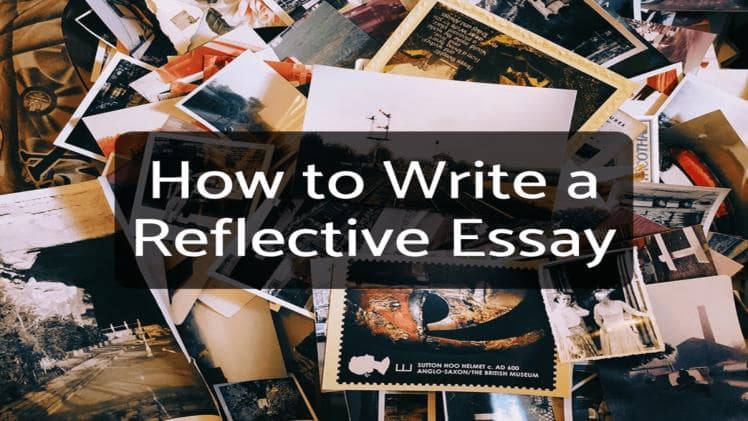A “personal essay” is a piece of writing that a person develops with the intention of transmitting an important life lesson derived from that person’s own experiences. This objective may be achieved via the author’s own experiences or through the experiences of another person. A “personal essay” is the name given to this particular kind of writing. You have the opportunity, both when writing formal essays and when writing creative nonfiction, to write about a significant event from the perspective of a first-person observer. This is true for both types of writing. This is true for both narrative and expository writing. The vast majority of personal essays are written in a tone that is conversational. [Citation needed] Because of this, the author is able to establish a connection with the reader in an easier and more natural way. For more info, please visit custom essay.
Developing a Statement of Personal Purpose or a Statement of Position
A strong personal essay has to include at the very least an introductory paragraph, many body paragraphs, and a conclusion paragraph. These are the very minimum requirements. The very bare minimum is comprised of these three paragraphs. A well-written personal essay has to include a thesis statement, in addition to an introduction, and a conclusion, in order to be considered effective and to fulfil its potential. These three aspects are by far the most crucial ones to consider.
Introduction:
In the initial paragraphs of your essay, you should include what is known as a “hook sentence.” This is a statement that quickly catches the reader’s attention and urges them to continue reading. When writing the opening to your essay, you should make a point that you plan to support throughout the bulk of the main body of the piece. This should be done so that the reader knows what to expect from the rest of the essay.
Body:
Because the “body” of a narrative essay is where the “meat” of the story is presented, you need to make sure that you include all of your most important points and personal stories to back up your stance in order to make sure that your reader is convinced by your argument. This will ensure that your reader is convinced by your position. A forum in which authors may explore the ways in which the occurrences and experiences of their own lives, in addition to the things they’ve picked up along the way, have shaped their perspectives and the things they’ve learnt.
Conclusion:
You should restate the thesis statement that you offered in the introduction in the conclusion, and then disclose an underlying truth or lesson that your story aims to impart to its audience. Give a clear and succinct explanation of the significance of the essay, as well as the most important takeaways that you anticipate the reader will acquire as a result of reading this particular piece of writing. In addition, describe the most important takeaways that you anticipate the reader will acquire as a result of reading this particular piece of writing.

